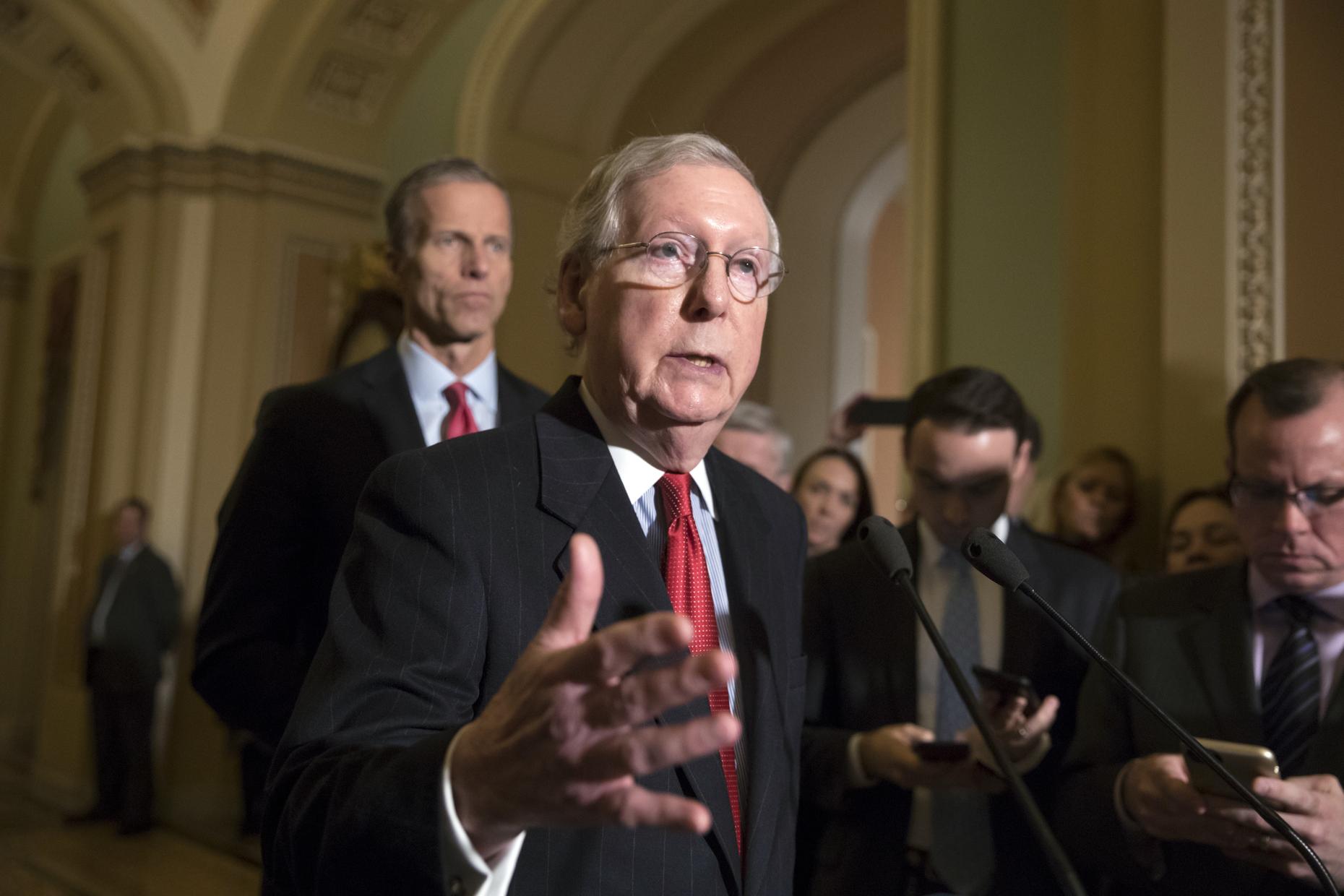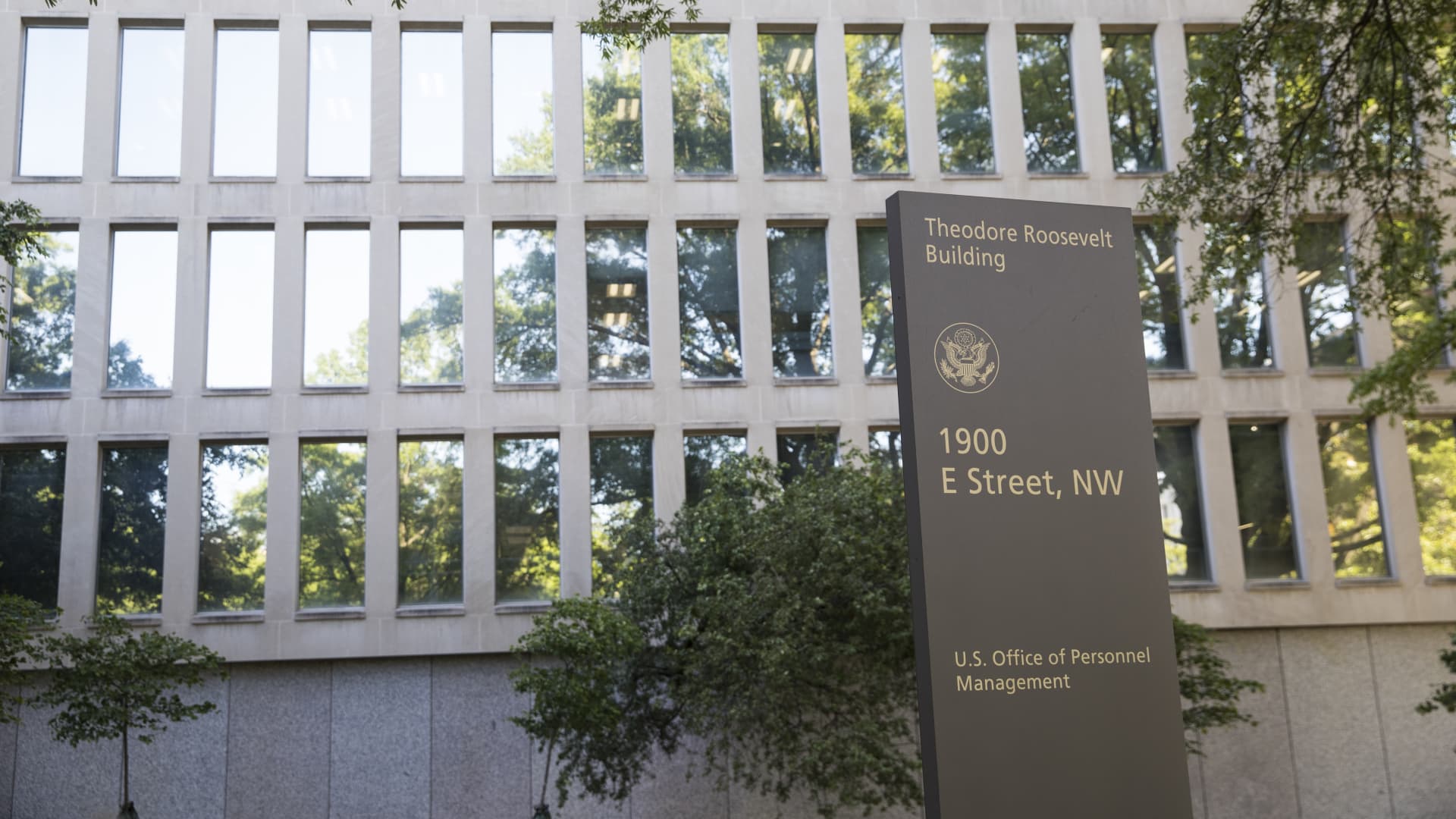The political discourse surrounding immigration in the United States has entered a new phase, as the MAGA movement prepares for a series of contentious debates regarding legal immigration policies. With the 2024 elections on the horizon, immigration remains a pivotal issue that could significantly influence voter sentiment and party dynamics.
In recent years, the MAGA movement has been characterized by a strong focus on immigration reform, with advocates calling for stricter regulations and a reevaluation of existing immigration policies. This focus has been fueled by concerns over border security, economic impacts, and the perceived strain on public resources. As a result, legal immigration has become a focal point for discussion among lawmakers, advocacy groups, and the general public.
One of the primary areas of contention is the H-1B visa program, which allows U.S. employers to temporarily employ foreign workers in specialty occupations. Critics argue that the program is often exploited, leading to job displacement for American workers. Proponents, however, contend that the program is essential for filling skill gaps in industries such as technology and healthcare. As Congress considers potential reforms, both sides are preparing for a vigorous debate that could lead to significant changes in the program’s structure.
Another critical aspect of the legal immigration discussion is the status of asylum seekers and refugees. The MAGA movement has consistently advocated for stricter measures to control the flow of individuals seeking refuge in the U.S. This has led to proposals aimed at limiting the number of asylum claims processed and increasing scrutiny of applicants. Advocates for asylum seekers argue that these measures undermine the principles of humanitarian aid and international obligations. As the Biden administration continues to navigate these complex issues, the MAGA movement is likely to push for policies that align with its foundational beliefs.
Moreover, the conversation around family-based immigration is also expected to resurface. Family reunification has long been a cornerstone of U.S. immigration policy, allowing citizens and lawful permanent residents to sponsor relatives for immigration. However, some factions within the MAGA movement argue that this system contributes to increased immigration numbers and should be curtailed. Proposals to limit family sponsorships could lead to intense discussions as lawmakers weigh the implications for both families and the economy.
The upcoming debates are not merely confined to legislative chambers; they also play out in the public sphere. Grassroots organizations and advocacy groups are mobilizing their bases to influence the conversation around immigration. Town hall meetings, rallies, and social media campaigns are becoming increasingly common as both proponents and opponents of various immigration policies seek to sway public opinion. The MAGA movement, with its robust grassroots support, is expected to leverage these platforms to rally support for its agenda.
In addition to the domestic implications, the international ramifications of U.S. immigration policy are significant. As the U.S. grapples with its immigration framework, other countries are closely observing the outcomes. Changes to legal immigration policies could alter the dynamics of international labor markets and influence migration patterns globally. Nations that rely on remittances from citizens living abroad may be particularly affected by shifts in U.S. immigration policy.
As the debates unfold, the role of the media will also be crucial in shaping the narrative around legal immigration. Coverage of immigration issues often reflects broader societal attitudes and can impact public perception. The way in which stories are framed, the language used, and the emphasis placed on particular aspects of immigration will all play a role in how the discussions are perceived by the public and policymakers alike.
In conclusion, the MAGA movement’s preparation for renewed debates over legal immigration reflects broader trends in U.S. politics and society. As various stakeholders gear up for potential conflicts, the outcomes of these discussions will likely have lasting implications for the future of immigration policy in the United States. With the 2024 elections approaching, the stakes are high, and the conversations surrounding legal immigration are poised to be at the forefront of the political agenda.



